The Bachelor's Degree Program is intended for persons who have received full secondary education and successfully passed unified national exams.
In the unified national exams student must take following subjects: Georgian language and literature, English language, Math or History.
Voluntary: Any elective subject.
Students should submit the following documents to register for the undergraduate program:
Registration for freshmen
Attention:
You will be reminded that the registration for freshmen will be conducted from 29 August to 8 September, 12.00-18.00
List of documents:
Payment can be made at any branch of TBC Bank (both in Tbilisi and in all cities or regions)
Account Number:
Name of the Recipient – Georgian Institute of Public Affairs
Settlement report - GE84TB1100000110700419 / GEL
GIPA’s Bachelor’s Program has been granting degrees since 2013 and represents a new opportunity for prospective students to receive a legal education in Georgia.
The Bachelor's Degree Program covers a set of disciplines that gives students the necessary theoretical education and practical skills to pursue a career in the legal field. Such synthesis has been adequately reflected in the program’s faculty, which includes a wide range of legal professionals, many of whom successful practitioners, lawyers and representatives of governmental and non-governmental organizations.
The program provides students with knowledge of fundamental legal techniques and principles of legal argumentation, as well as the ethical bases of law. At the same time, the Socratic method of teaching facilitates student's understanding of legal issues, developing critical thinking skills, formulating legal arguments and justification.
The Bachelor's Program is oriented towards national law. Along with compulsory subjects, students have the option to choose elective courses covering international, criminal, public and private law. In order to help students better understand these subjects, the program also offers enhanced instruction in the English language and legal English. Furthermore, it promotes an interdisciplinary approach that consists of the study of disciplines that are closely or functionally related to law.
The purpose of the program:
The purpose of the Bachelor's Degree Program is to provide students with the following:
Broad theoretical knowledge on the basic peculiarities, principles and institutions of the national law system; general principles, values, political, public, philosophical, historical and economic aspects of law, as well as national and foreign scientific opinions and legislation; in-depth knowledge and special training in public, private, criminal and/or international law.
During the program students should develop the following skills:
Awareness of legislative amendments, court practices and scientific innovations, as well as the ability to constantly follow the updated information;
Ability to effectively use practical skills in the field of law and other skills required for specialization;
The skills necessary for solving legal problems in the field of law, as well as assessment, analysis, reasoning, and tasks;
Ability to pursue professional ethics and legal values;
Ability to protect human rights and social and democratic values in law.
curriculum
Tuition Fee
The annual fee for the program is 4,500 GEL. Payments can be made in four installments. After successful completion of the program, students are awarded a Bachelor’s Degree in Law.
Funding
The total cost of the 4-year Bachelor's Degree Program is 18,000 GEL. Apart from the state grant (2,250 GEL), this program gives students a chance to receive GIPA’s co-financing (during the academic year).
Co-financing is distributed among top 5 students:
1st place – 1,000 GEL
2nd place – 1,000 GEL
3rd place - 700 GEL
4th place - 700 GEL
Bachelor's Degree Program in Law
4-year study tuition fee
In case the student obtains 100% state grant
18,000-9000 = 9000 tuition
Amount - 9000 GEL
Without obtaining a grant
18,000 GEL
Karl-Franzens University of Graz
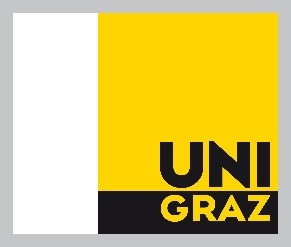
Graz University, founded in 1585 and the second-largest university in Austria, has over 21,000 students and 3000 employees. The university has more than 40 bachelor's, master's and PhD programs.
Carl Von Ossietzky University of Oldenburg

Founded in 1973, the University of Oldenburg is one of the most innovative new German universities, which takes part in implementing bachelor’s and master’s programs at various German Universities. The university has about 11,000 students and well-equipped departments comprising five faculties: 1) Education and Social Science, 2) Computer Science, Business Administration, Economics and Law, 3) Linguistics and Intercultural Studies, 4) Humanitarian and Social Sciences, 5) Math and Science.
University of Alicante
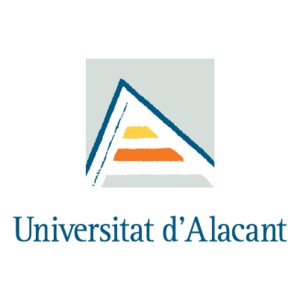
The University of Alicante was founded in 1979 and offers more than 50 programs. It enrolls 30,000 students annually and specializes in the training of university management personnel with a focus on facilitating international co-operation.
World University Service Austrian Committee

World University Service - Austrian Committee is an association that promotes human rights through academic freedom and university autonomy.
Erevan State University
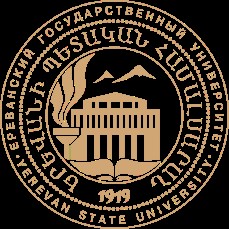
Yerevan State University is the oldest university in Armenia founded in 1919 and is the largest and most prestigious university in the country. It is informally known as "Mother University."
Russian-Armenian University
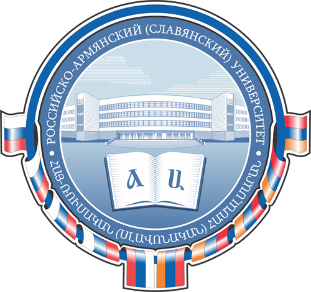
The Russian-Armenian University is a higher education institution established by the governments of the Russian Federation and the Republic of Armenia in 1997. It envisages execution of Bologna process demands. It offers bachelor’s, master’s, and other programs. The Russian-Armenian University has about 2,500 students, 350 invited lecturers, and 35 professors. University graduates receive Russian and Armenian diplomas with European supplements.
Qafqaz University
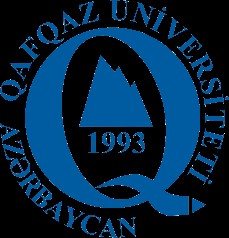
Located in the capital of Azerbaijan, Qafqaz University has been offering higher education standards to its students since 1993 and has been the top-rated private university in the country since 1996. The university aims to encourage and develop each student's special talent and foreign language instruction is one of its highest priorities.
Tbilisi State University
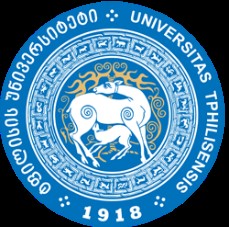
The first national university in the Caucasus was opened in 1918, which laid the foundation for the European type of higher education in Georgia.
Wrocław University

Wrocław University is a public research university located in the city of Wrocław, Poland. Wrocław University actively cooperates with international universities including the Georgian Institute of Public Affairs.
University of Troy

The University of Troy is a multidisciplinary public university located in Alabama, USA. The university, founded in 1887, serves 18,000 students from 17 states and 11 countries.
Michigan State University

Michigan State University is a public research university located in Michigan, USA. The university, founded in 1855, serves more than 50,000 students from the United States and other countries worldwide.
Northern Arizona University, NAU; (USA)

University of Santiago de Compostela (Spain)

The Hague University of Applied Sciences (Holland)
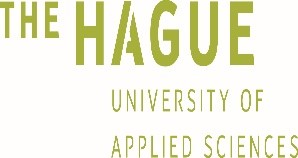
Lille Catholic University (France)
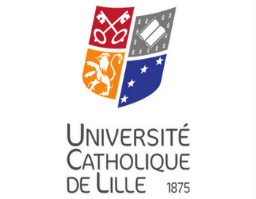
Michigan State University (USA)

Two students from GIPA’s Law Program will be sent to Michigan State University annually. The tuition is waived fully for the first student and reduced by half for the second.
Masaryk University (Brno, Czech Republic)

Each year, two students of the law program (one bachelor’s and one master’s degree candidate) are given the opportunity to study at Masaryk University for a semester, while two students from Masaryk University are sent to GIPA annually. Additionally, professors from GIPA’s law program regularly read lectures at Masaryk University.
THE UNIVERSITY OF CAGLIARI (Italy)
University of Wyoming (USA, Laramie, Wyoming)

University of Perugia (Italy, Perugia)
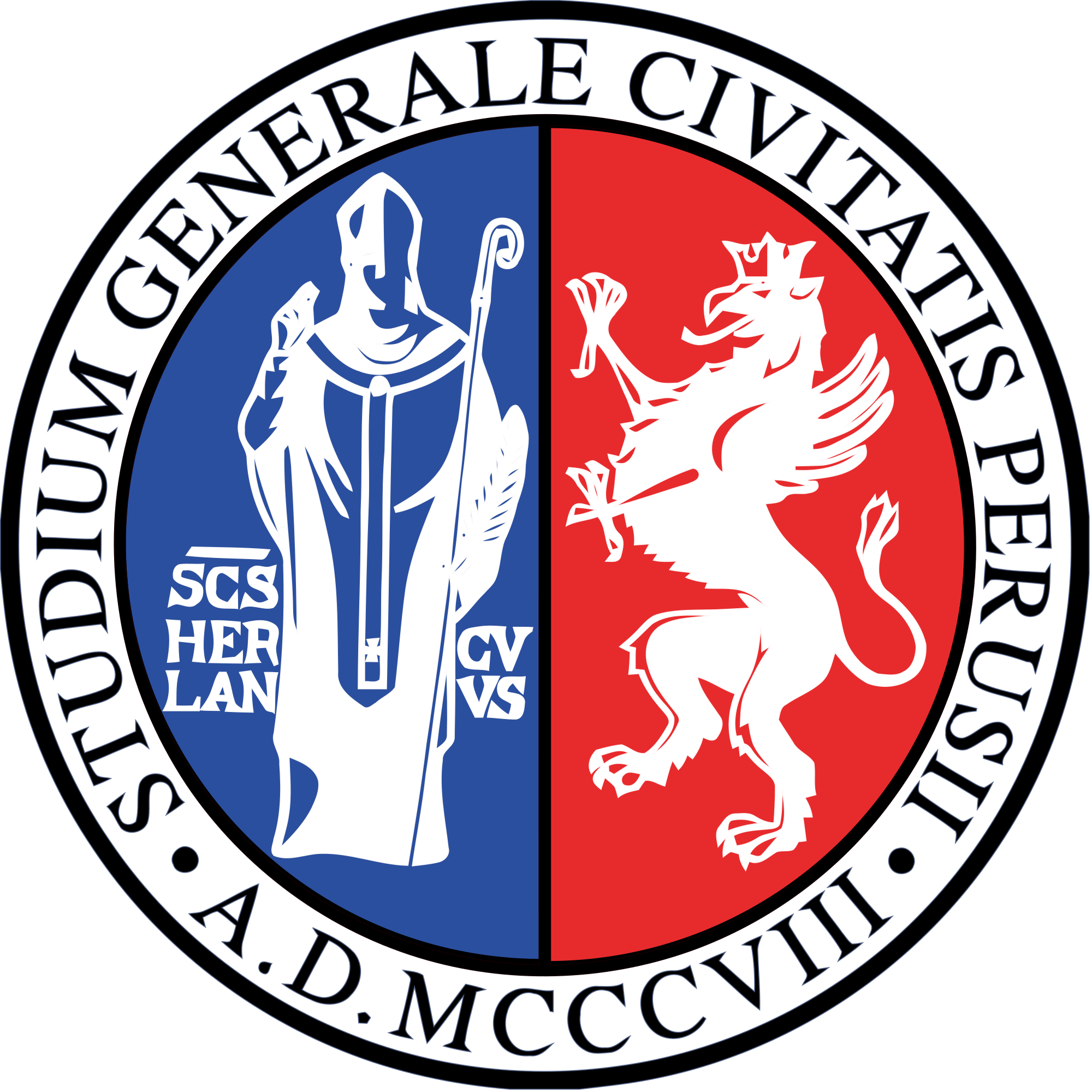
University of Economics in Bratislava
University of Economics, Prague (ჩეხეთი)
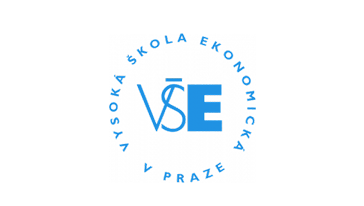
University of Dąbrowa Górnicza (Poland, Dąbrowa Górnicza)
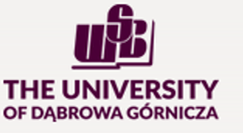
Berlin School of Economics and Law (Germany, Berlin)
![]()

The Online Journal of Politics and Democratization (JPD), a new interdisciplinary, and peer-reviewed online journal, was created within the framework of the partnership between the University of Troy and the Georgian Institute of Public Affairs.
Its main focuses include Europe, Russia and the Caucasus region, as well as studies concerning other geographical areas and specific individual countries or comparative/global analysis.
Online address:
https://gipa.ge/JPD/?page=home
Irina Bakradze
E-mail: i.bakradze@gipa.ge
Mob: 595 582260;
Ana Kiria
E-mail: a.kiria@gipa.ge
Mob: 555 257752;